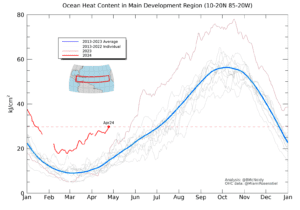Insurance rates surge for Ukraine-exposed business – report

Reuters quoted Garrett Hanrahan, global head of aviation at Marsh, who said aviation war insurance was no longer available for Ukraine, Russia and Belarus as a result of the conflict. For the rest of the world, he said, aviation war cover has doubled, as insurers try to recoup some of their losses.
Hanrahan added: “The hull war market is beginning to reflate itself through rate rises.”
Meanwhile, a recent report from S&P Global identified that the conflict which Russia calls a “special military operation”, could lead to insurance losses of US$16 billion-US$35 billion in so-called “specialty” insurance classes such as aviation, marine, trade credit, political risk and cyber. Aviation alone could total US$15 billion, according to S&P with hundreds of leased planes stranded in Russia.
Reuters highlighted the opinion of one aircraft lessor who described recent rate increases on its insurance as “not a pretty sight”.
Some aircraft lessors – who operate in an especially exposed area of the market as their planes are stuck in Russia – are now having to pay 10 times their original premium, one underwriter said, while another said insurers could “name their price” to lessors.
In ship insurance, Reuters added, policyholders pay an additional “breach” premium when a ship enters particularly dangerous waters, locations which are updated by the Lloyd’s market.
For the area around Russian and Ukrainian waters in the Black Sea and Sea of Avov, this has increased multiple times, according to three insurance sources, to around 5% of the value of the ship, from 0.025% before the invasion, amounting to millions of dollars for a seven-day policy. Each time a ship goes into those waters, it has to pay that extra premium.
Rates for ships going into other Russian waters have also risen by at least 50% after the Lloyd’s market classified all Russian ports as high risk, two of the sources told Reuters. Because of the dangers, some marine insurers have also stopped providing cover for the region.






